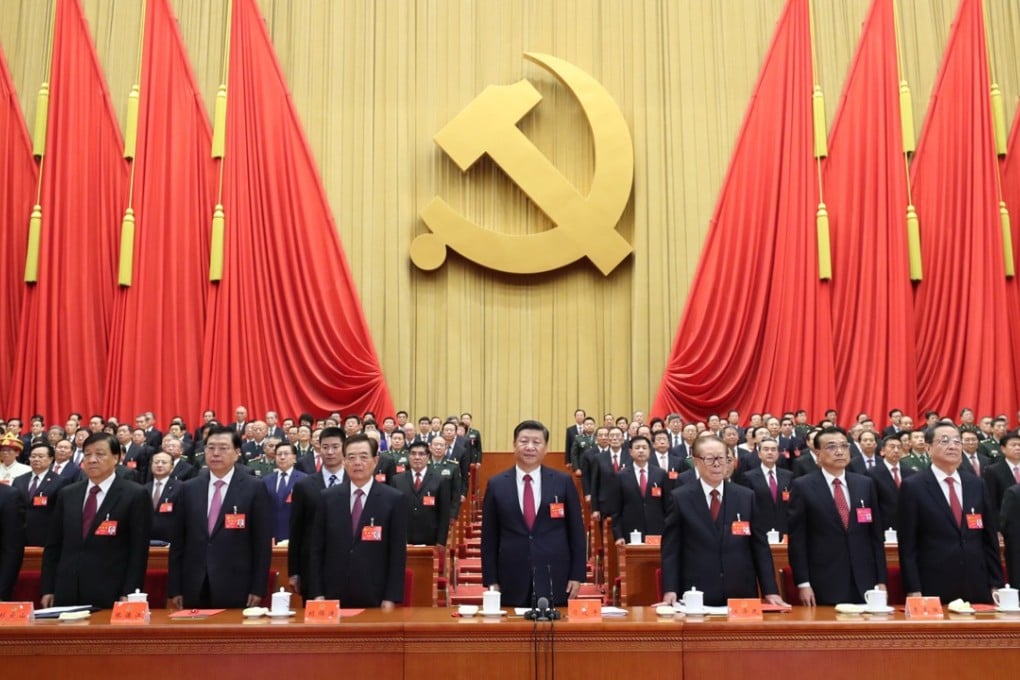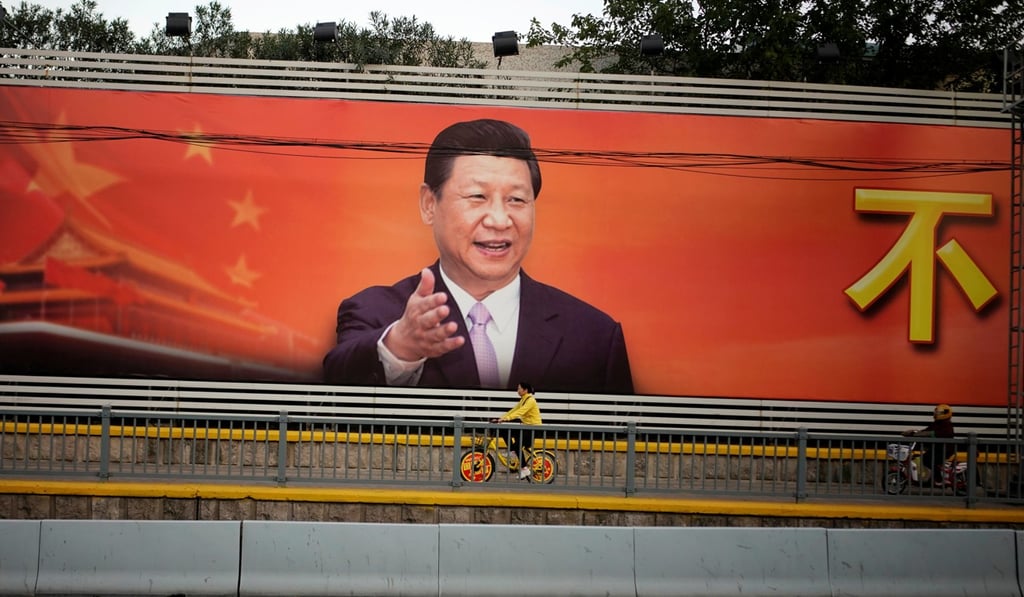Macroscope | Temper hopes for big state enterprise reform in Xi’s second term
‘We expect the overall financial reform to proceed at a decent clip, although moves in some areas may be more cautious than others, given the need to maintain stability’

President Xi Jinping took the opportunity of the quinquennial Party Congress to lay down an ambitious road map for building a modern and socialist country with Chinese characteristics for the new era. While short of policy details, the long-term vision of realising the “China Dream” was clearly and comprehensively conveyed in his three and a half-hour speech.
For the macroeconomy and financial markets, the speech confirmed the Party’s commitment to deepen structural reforms to unwind economic imbalances and let the market play a decisive role in resource allocation. However, this was not a mere repetition of what was communicated at the Party’s Third Plenum four years ago. Instead, President Xi has augmented the existing road map with new visions and interpretations that were adapted to the changing environment.
First, the focus on economic developments has shifted from a blind pursuit of speed to a growing emphasis on quality, with an aim to make growth more balanced, inclusive and sustainable for the future. Such a directional shift is a result of “growing contradictions” in the Chinese society, where economic developments have become increasingly unbalanced and inadequate to fulfil “the people’s ever-growing needs for a better life”.

Albeit a short remark, but the information content is vast. On a basic level, we think this means that China is steering increasingly away from a growth-centric development model. Notice that despite setting the conceptual goals of building an innovative society by 2035 and modernising the nation by 2050, Xi has refrained from setting specific numerical targets for economic growth.
China still needs to deliver a minimum growth of 6.3 per cent to become a “modestly prosperous society” by 2020, but we think the growth target, beyond that, will be set more flexibly or even abolished.
Second, a slower pace of growth will allow China to concentrate efforts to tackle some of the structural issues in the economy. Xi summarised these issues in one word: unbalanced.
